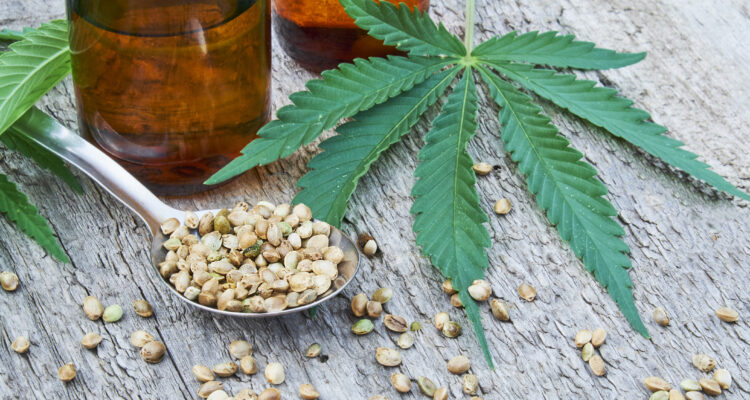CBD (or Cannabidiol) oil has been in the news recently as countries all over the world slowly begin to relax restrictions on its storage and use among citizens. While exponents have claimed the benefits of CBD for many years, it has long been associated with recreational marijuana use, meaning it has struggled to escape controversy and an often-undesirable image.
Nonetheless, governments and medical institutions are gradually beginning to recognize the possible healing benefits offered by CBD. It is being increasingly accepted to help treat many medical and mental conditions.
The key differences between CBD and THC
CBD is just one of many cannabinoids produced by the cannabis family. However, unlike THC (or, tetrahydrocannabinol to give it its full name), CBD is non-psychoactive. This means (also unlike THC) that it does not produce any kind of ‘high’ or intoxication. It is also believed CBD is non-addictive.
CBD interacts with the brain’s receptors – tiny proteins attached to the neurons in our brains that receive signals from other neurons, effectively forming brain circuits. Research is ongoing into exactly how these processes work when it comes to CBD.
The chemical differences and effects of CBD and THC are complex – but stark. Websites like https://cbdnerds.com offer a comprehensive explanation of the key distinctions.
Conditions that may be treatable with CBD
A great amount of research has been done into the healing benefits of CBD on both physical and mental conditions. While tests are still ongoing, some of the main ailments CBD might benefit include:
Pain relief: Because CBD interacts directly with the pain receptors in the brain, it is believed it could offer pain relief. Certainly, studies have shown that cannabis reduced pain in chemotherapy patients – though it is unknown how much of this was down to THC and how much down to CBD. Further chemical trials are ongoing to determine the role of each.
Neurodegenerative disorders: Neurodegenerative disorders include Alzheimer’s disease, Parkinson’s, and multiple sclerosis. They are typified by brain and nerve deterioration over time and are thought to be linked to one particular receptor named CB1. While research is still ongoing, it is believed that CBD oil interacts with this receptor and it may even reduce inflammation typically seen in patients with worsening conditions.
Relief from anxiety and panic attacks: Research suggests CBD might adapt how our brains react to serotonin – a mood stabilizer that also impacts motor skills. However, it is believed that CBD might positively reduce stress, help patients suffering Post-Traumatic Stress Disorder (PTSD), alleviate insomnia, and could even reduce the physical manifestations of stress, including heightened heart rate.
Reducing epilepsy and seizures: CBD is widely reported as helping reduce seizures and epilepsy attacks in sufferers. However, considerable research is needed to make the treatment fully safe. In a recent study from 2016, participants were reported to have 36.5% fewer attacks – but, significantly, 12% also experienced severe side effects. As with most areas of CBD use, research is ongoing, but signs are promising.
Acne treatment: While it might seem unlikely, CBD is thought to also be an effective treatment for acne in some users. Again, this is believed to be linked to the way it acts on the receptors in the immune system that may, in turn, help reduce inflammation in the body. The oil that hydrates our skin (sebum) is produced in the sebaceous glands – which were found to be directly affected by CBD.
Cancer treatment: Again, considerable research is needed. However, it is thought that CBD may help reduce the chances of certain cancer tumours replicating in the body. Nonetheless, early studies look promising based on CBD’s ability to lower inflammation and slow cell reproduction.

